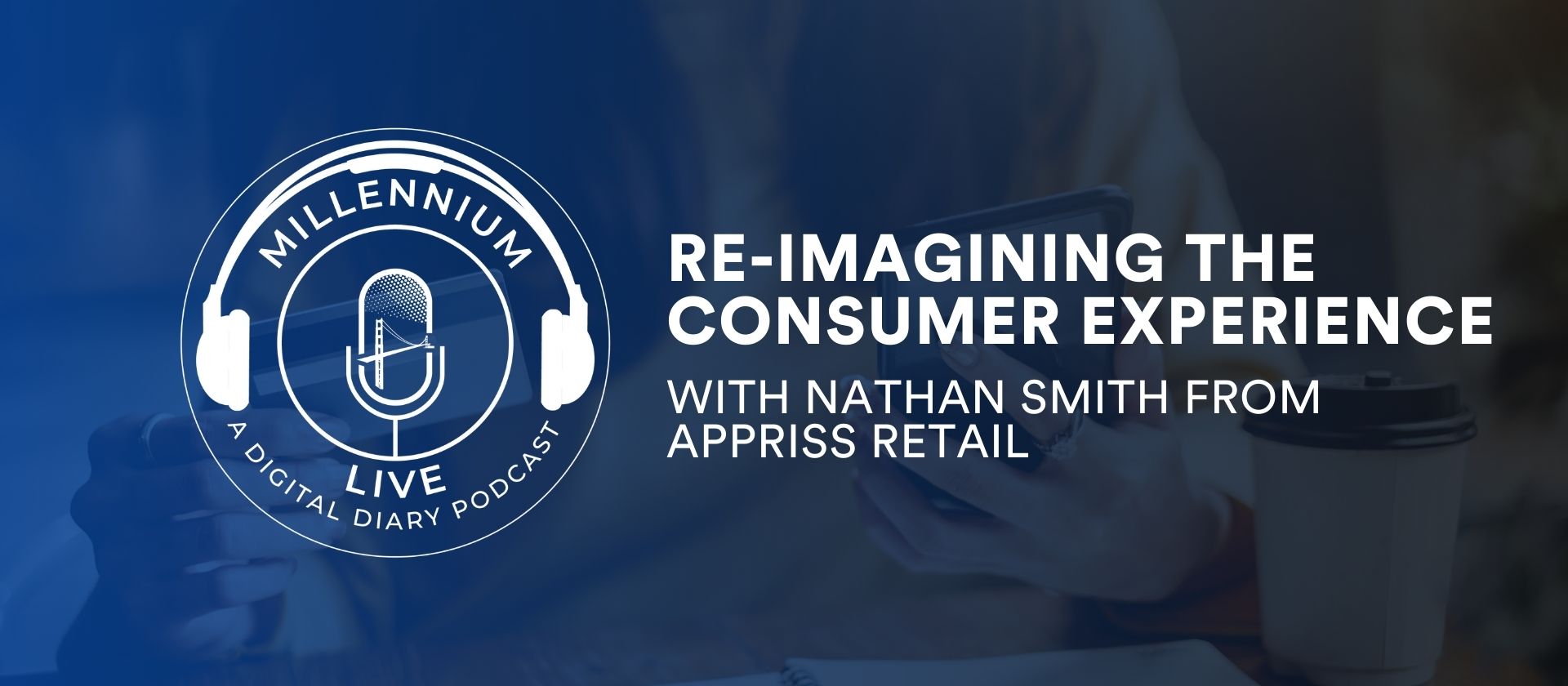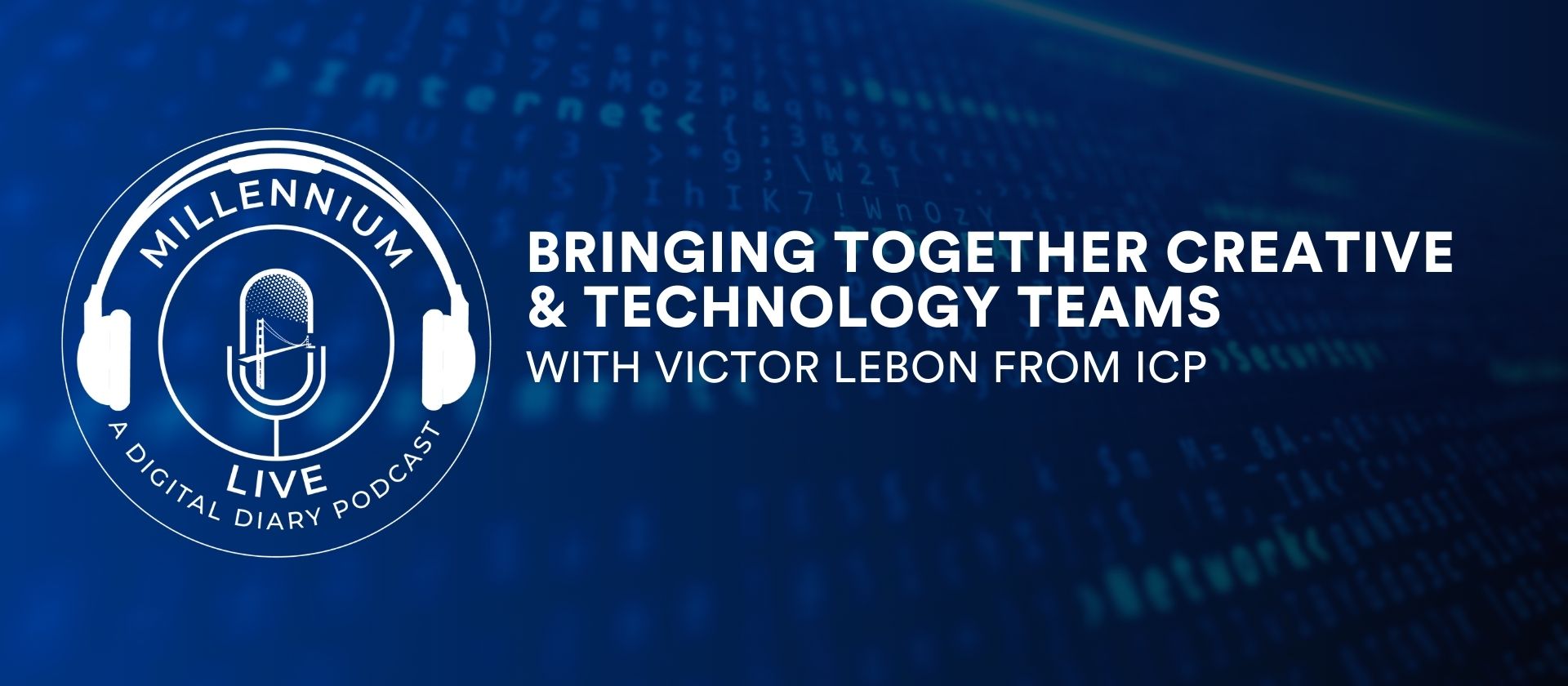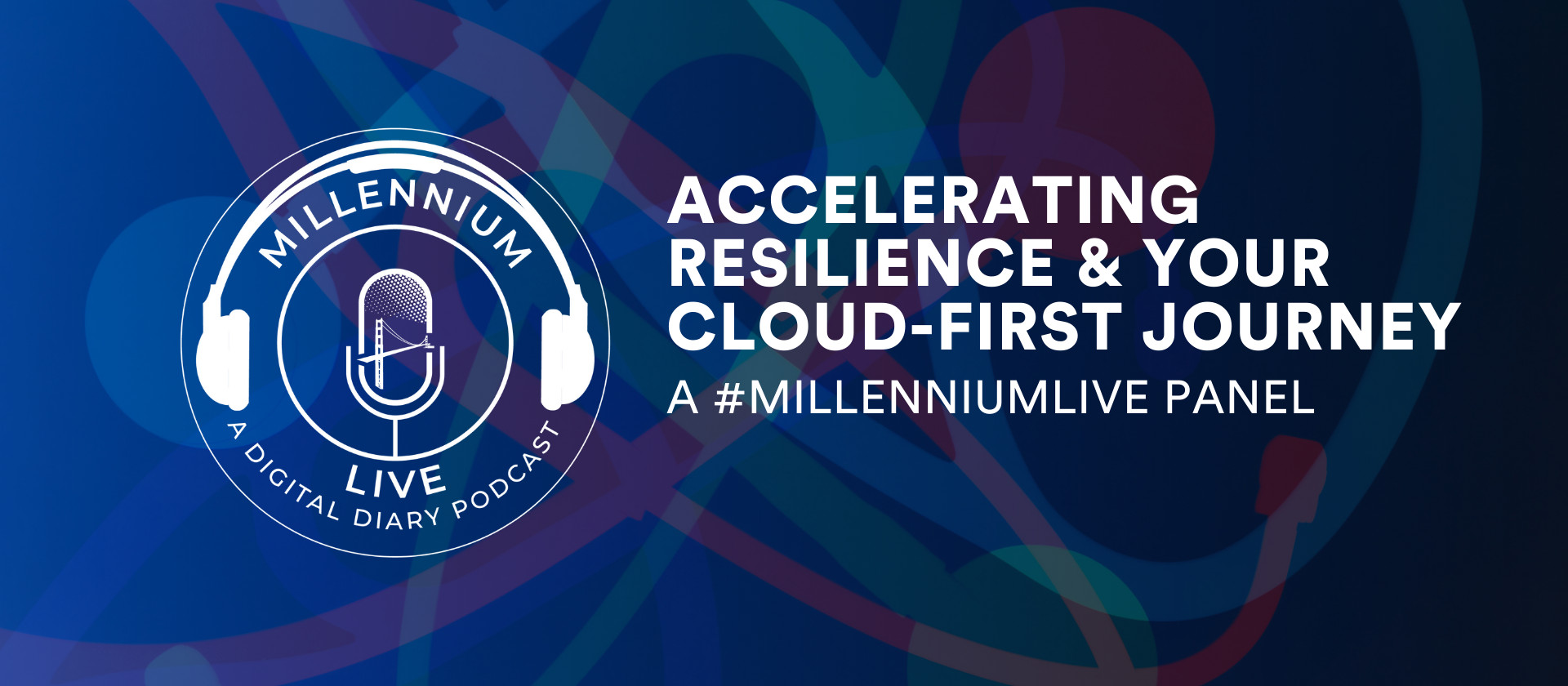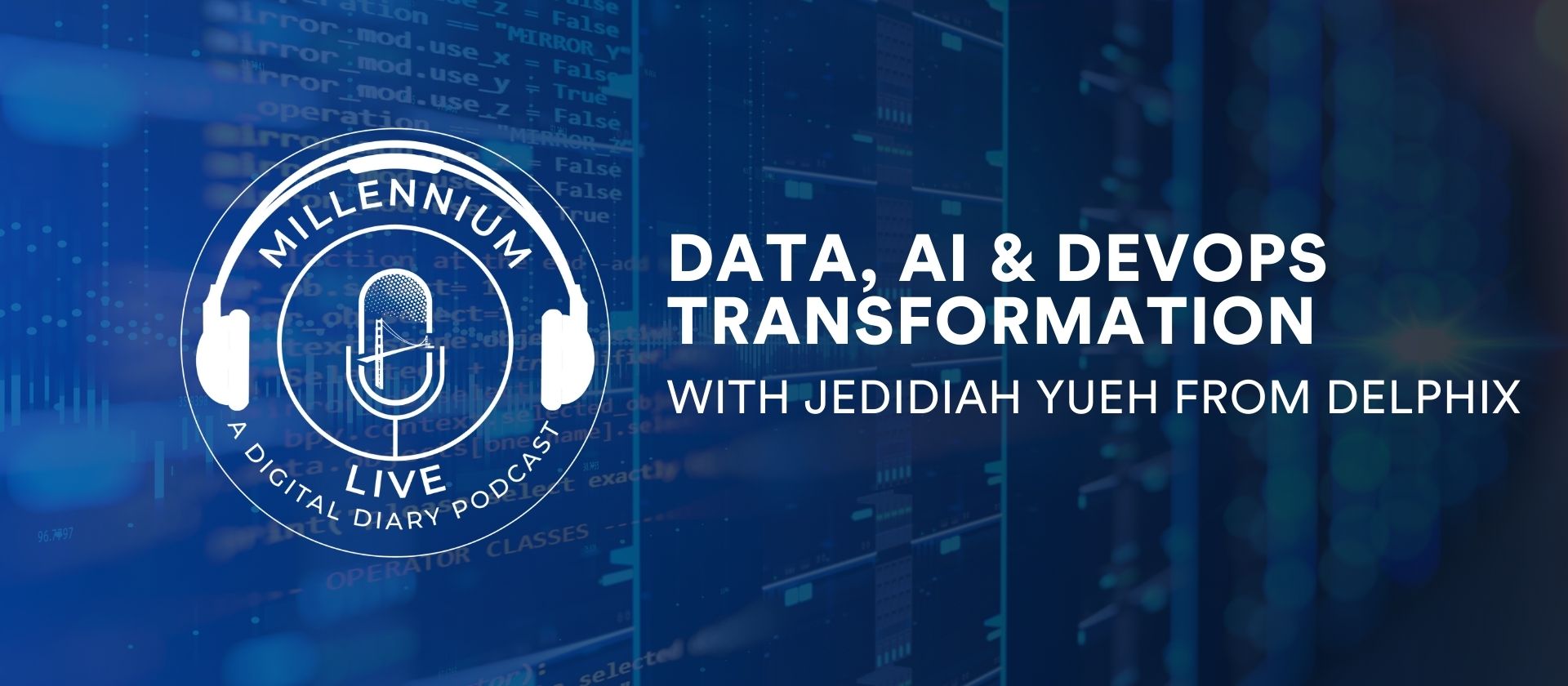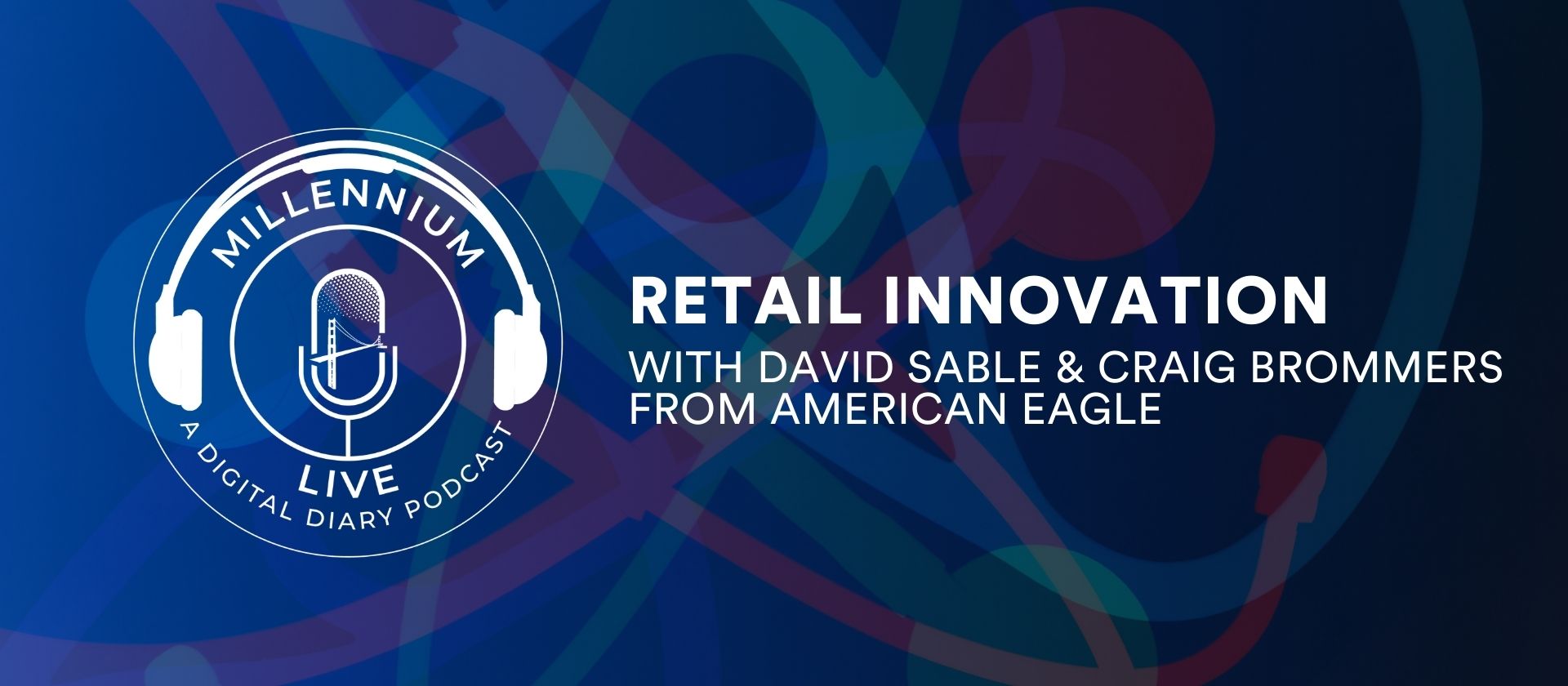As originally published by David Sable on Linkedin. Subscribe to the newsletter!
What is the future of Leaders? I have written much about Leadership (to me always with a capital “L”) and Leaders (same), and my loyal readers know my acronym, my summary for the traits that transform an ordinary person into the extraordinary role:
- L – learn. Leaders learn. They never stop. They are always in Beta. Curious. Always digging for more and more. And leaders learn from all
- E – empower. Leaders empower others. Leaders don’t hold on to power. They aren’t paranoid about sharing. They delegate. They create teams. They step back.
- A – arm. Leaders arm their teams and their followers with the knowledge and tools they need to succeed. This is what makes empowerment work. They don’t hoard the info in the skewed notion that knowledge is power and limiting it is more power.
- D – defend. Leaders defend their people. They never throw anyone under a bus. They go to bat for them. Advocate for them. Protect them.
- E – energize. Leaders motivate. They inspire. They create and share energy.
- R – run. Leaders never stop. Leadership never stops. Leaders are always on, even on bad days.
- S – share. Leaders share all. The glory. The reward. The blame. The pain.
All of the above builds trust.
I have warned, many times, about conflating power with Leadership, and people who are seen to have power with Leaders. As the two comic geniuses Mel Brooks and the Late Carl Reiner taught us: “There’s something bigger than Phil!!”
Management by fear and bullying doesn’t usually end well for the bully. To be fair, it sometimes can, but when it doesn’t, it’s our own fault and the fault of corporate boards (a story for another time).
Back to my topic and what inspired me this week: I’m sure you have seen all the pontificating about the future of the workspace, ranging from tearing down the office towers, to claims that no one will ever return, to calls for a complete return to a face-to-face workspace.
My view, as I have shared in a number of posts, is that the real issue is the bad—not the old—culture and environment in many places of employ.
It’s clear that fear of infection can’t be the issue, as restaurants, bars, concerts, planes and vacation spots fill up. And while fear of commuting affects some, public modes of transportation are getting better for personal use.
We also know that younger and new employees are eager to see people in person. Learn more. Be exposed to more. Experience the power of casual mentoring, as in, “what are you working on? Really? I worked on something similar. Let me show you…”
Finally, I do believe that while hybrid will be the prevailing model, the next disruptive product, brand or business will emerge from a group of people sitting together face-to-face, leveraging the exponential power of serendipitous discovery and chance meeting—while others are crowing about their efficiency dashboards for their remote practices.
This, however, is also not my core topic of the week.
Simply put, as I ponder the reticence to resume in-office engagement and read article after article about AI changing the way workers interact, I wonder where Leaders and Leadership fit in this brave new world?
Who will inspire the next generation? Or have we devolved already to what will inspire them…AI?
Who thinks (if you do, speak up, you are no more right or wrong than I am) that AI could have created Apple? In fact, I’d strongly posit that Apple would have never been created had it not been for its visionary leaders, because my bet is that even the most powerful AI in the world would have found their ideas be illogical, not sustainable and ridiculous to contemplate.
Jobs, Gates, Bezos, Benioff, Musk, Zuckerberg, Dell (and let’s not forget about Hewlett and Packard)…does anyone really think their legacies could have been made by some computer program, no matter how powerful?
It’s one thing to beat me at chess, but it’s quite another thing to create chess.
Frankly, I am worried. We are letting our employees float. No matter how efficient you think you are, and despite your protestations of just how much WFH has done for your culture (a sad thought in my view), none of this identifies allows potential Leaders to be identified, develops them or begins to formulate the next generation of Leadership.
As we contemplate the work environment (not just office) of the future, as we lean into AI and technology (as we should) to further transform our experiences and business development, let us not forget that neither AI or tech actually purchase our products. Only people do.
A future that is driven solely by AI and tech seems pretty bleak and Terminator-like to me.
Orwell put it into true Orwellian speak when he wrote:
“High sentiments always win in the end, The leaders who offer blood, toil, tears and sweat always get more out of their followers than those who offer safety and a good time. When it comes to the pinch, human beings are heroic.”
AI will never be heroic. Think of that as you contemplate the kids in the garage because that’s what you should be focused on.
